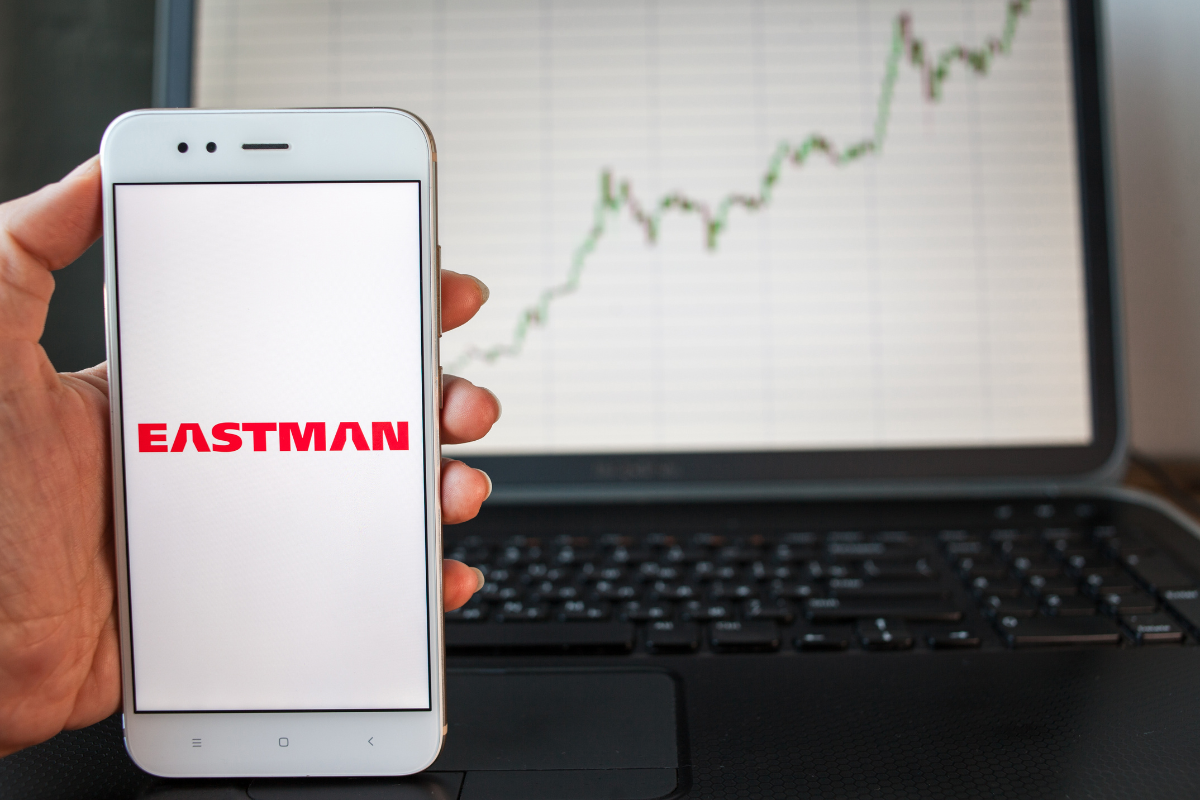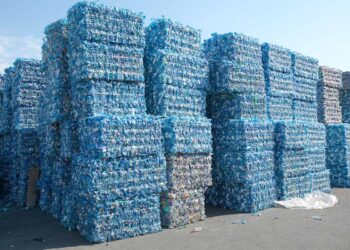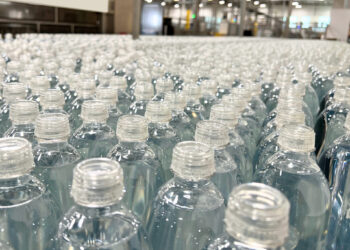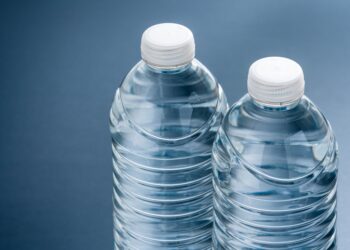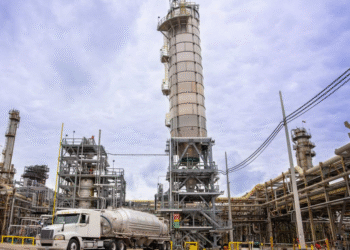Eastman Chemical will delay its second U.S. methanolysis plant for two years, as it appeals the revocation of a key federal grant and explores capacity expansions at its flagship site in Tennessee and other locations, CEO Mark Costa said during an investor call Aug. 1.
The company is focusing its strategies on factors that are “to some degree, in our control,” Costa said, acknowledging that the ongoing economic downturn and tariff-related chaos were not among those items.
The second chemical recycling unit, planned for Longview, Texas, was previously expected to break ground late this year. However, in May the U.S. Department of Energy announced it had canceled grants including one of up to $375 million for Eastman to build the plant. The cancellation of the grant, which represented about one-third of the project funding, threw the plant’s future into question.
“We are certainly not happy about losing the DOE grant, and we’re highly engaged to try and get it back,” Costa said. “That’s a highly uncertain process, and so we’re focusing on what else can we do.” In asking the DOE to reinstate the grant award, “we believe we have a strong project aligned with the Department’s objectives and are making that case,” he said.
In addition, Eastman has identified several ways to significantly reduce the plant’s capital requirements in both scope and location, looking both at Longview and “three other sites where we might have some better advantages,” Costa said.
The most near-term option is to increase the existing Kingsport plant to as much as 130% of nameplate capacity by debottlenecking, Costa said, adding that the unit is running well and has demonstrated operating rates of 105% of stated capacity, Costa said. It also is on track to produce over 2.5 times more recycled PET this year than in 2024, Costa said.
The Kingsport methanolysis unit is running well and has demonstrated operating rates of 105% of nameplate capacity, Costa said. The unit is on track to produce over 2.5 times more recycled PET this year than in 2024, Costa said.
Costa added that “our ability to expand the Kingsport facility and potentially add new capacity in creative ways affords us time and optionality to serve our specialty and packaging business models over the next couple of years as we explore these other capital-efficient models. We expect this new path of scale-up will enable us to push out significant capital expenditures for the second plant by roughly two years.”
He cited the macroeconomic slowdown as a contributing factor to the decision to delay the plant. “Given the continued slow demand in consumer durables and our focus on controlling capital, we slowed the pace of construction to manage the platform responsibly,” Costa said. Nevertheless, he maintained that regulatory frameworks will continue to drive demand in both North America and Europe.
Eastman still expects to increase RPET volumes going into food-grade packaging applications in the second half of the year, with “commitments from a number of leading fast-moving consumer goods companies for significant ramp-up in volumes in 2026,” Costa said, and “we are seeing evidence that some brands are struggling to meet their performance requirements with mechanical recycling as they move to higher recycled content.”
In previous calls Costa indicated that rather than displacing mechanically recycled RPET, the company was aiming for food-grade applications that required a higher quality resin than existing means could provide.
A key customer is PepsiCo, which in 2022 signed an offtake agreement with Eastman. “Our contract with Pepsi is still intact and we’re still confident that they’re committed to working with us as we sort of pursue all these different options,” Costa said. “So we feel sort of good about that.”












